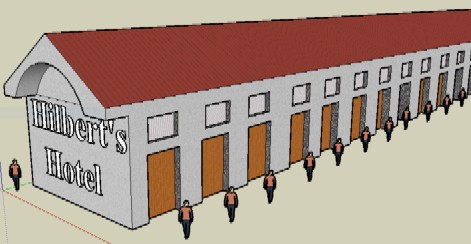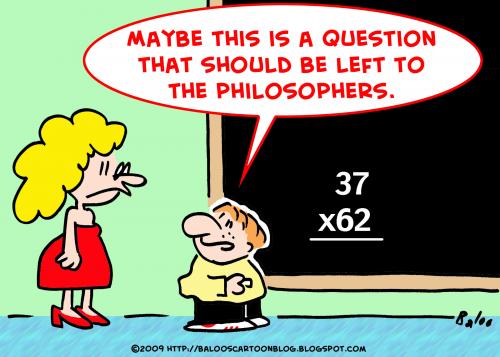Reducing the needed computations has nothing to do with cardinal numbers. The computations we need are to a large extend irreducible. In the Link there is an error. Mathematicians dont ask whether the Continum hypothesis is true or not. It is undecidable. Hilberts Hotel wont help us to get infinite computational power either.
Hi Mority
>>Reducing the needed computations has nothing to do with cardinal numbers. <<<
If you say so. I was thinking of symbols.
>>>>The computations we need are to a large extend irreducible.<<
Why,- which computations do you think we need? I dont find any of them irreducible.
>>>>In the Link there is an error.<<<<
Works fine for me??? What do you mean?
>>>>Mathematicians dont ask whether the Continum hypothesis is true or not. It is undecidable.<<<
Not true. Only by one way of testing it.
>>>Hilberts Hotel wont help us to get infinite computational power either.<<<<
ARGGGGG! the importance of it is perspective and how new maths is derived from seeming paradoxes
'Mathematicians' is a general group, and I'm not sure a thinker would like to be classified as anything.
It might be difficult generally because one has to juggle many disciplines at once, and very many perspectives, but NONE of those perspectives may contradict.
.There are maths definitions, but we can write our own
What seems important is that there is maths already for dealing with infinities. I dare say it's under developed but that must be true of many areas.
I sort of like the infinite hotel room: it;s cute.

The issue for me is that infinities can be written symbolically and calculated like anything else.
you can derive all kinds of stuff that are counter intuitive (which is the frontier)
Programmes like Woolfram Alpha will help, but also many coming ones that have astonishingly helpful user interfaces.
If you're a mathematicians as well you might be...you solve it.
It will have to include a list of the known problems in QA and a list of ways to try solutions.

.Read ->Basic premise it cant be done and change to
Basic Premise it CAN be done.
Or fire your mathematician and get another one.































 This topic is locked
This topic is locked

























